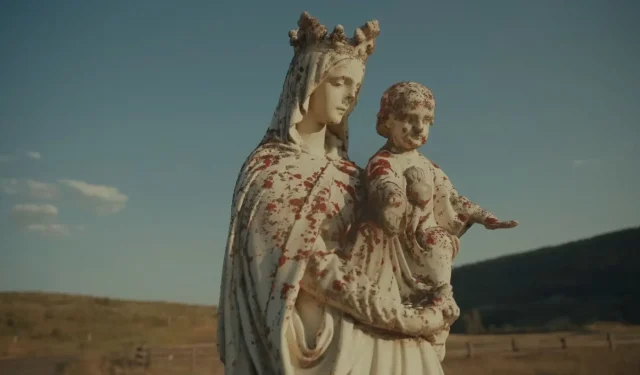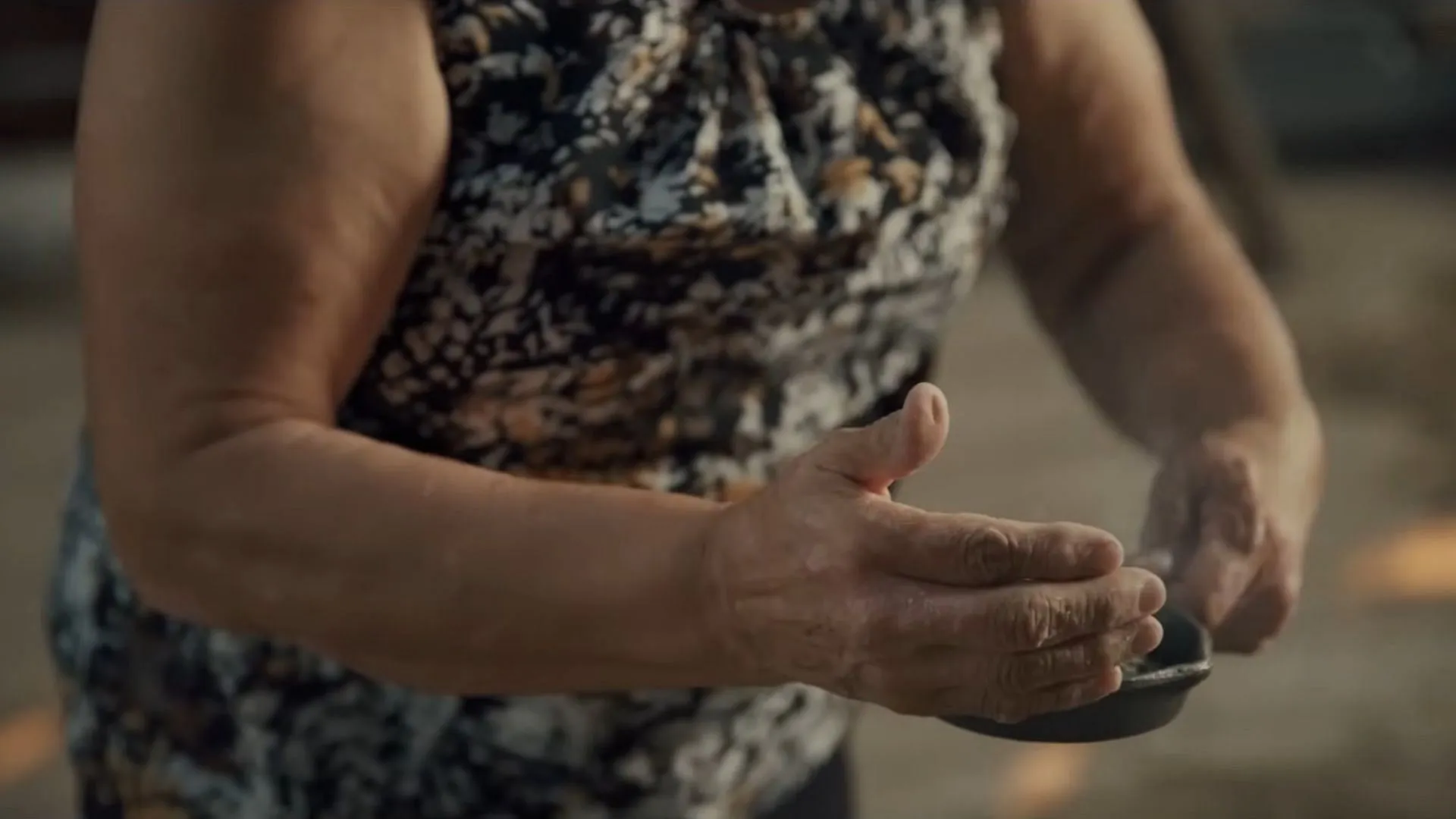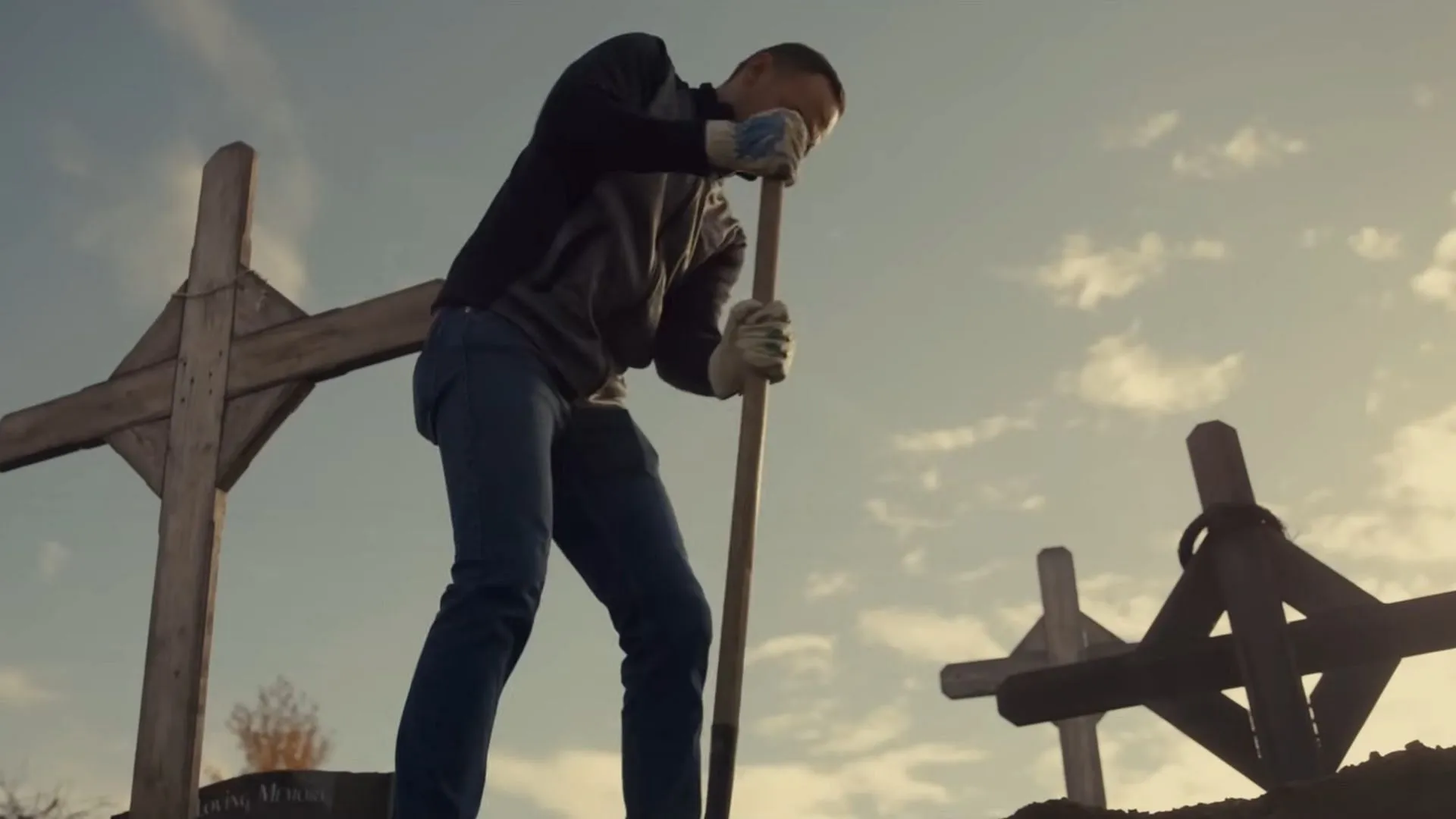
Sugarcane is the highly anticipated debut documentary film directed by Emily Kassie and Julian Brave NoiseCat. This compelling documentary explores the disturbing investigation into the disappearances of children from Canadian Indian residential schools managed by the Catholic Church throughout the nation. Produced by Kellen Quinn and Emily Kassie, Sugarcane premiered on January 20, 2024, at the prestigious Sundance Film Festival.
In February 2024, National Geographic Documentary Films acquired the film rights to Sugarcane. The documentary was co-distributed by Variance Films and Films We Like, with its theatrical release commencing on August 9, 2024. The film expanded to select cities across Canada and the United States starting August 16, 2024.
Sugarcane has earned a commendable rating of 7.9/10 on IMDb. The film boasts an impressive 100% rating on the Tomatometer from 48 reviews on Rotten Tomatoes. Viewers can expect to stream Sugarcane on various OTT platforms, including Hulu and Disney Plus, starting September 20, 2024.
Where to Watch the Documentary Film Sugarcane?

Sugarcane will be available for streaming starting September 20, 2024, on popular OTT platforms:
Hulu: Hulu offers a basic plan with ads starting at $9.99/month, which includes a 30-day free trial for new and returning subscribers.
Disney Plus: The Disney Plus Basic Plan with ads starts at $9.99/month. Additionally, the Disney Bundle Trio Basic, which includes Hulu, Disney Plus, and ESPN Plus with ads, is available for $16.99/month. For those wanting an ad-free experience, the No Ads option is priced at $29.99/month, featuring offline downloads.
What is the Documentary Sugarcane All About?
This documentary is a poignant investigation into the abuse and mysterious disappearances of children at Canadian Indian residential schools overseen by the Catholic Church. The film’s genesis can be traced back to the discovery of unmarked graves near the Sugarcane Reserves related to these residential schools, which were established for Indigenous children.
The discovery ignited widespread outrage in Canada and prompted inquiries into the abuses suffered by children at Saint Joseph’s Indian Residential School near Williams Lake, British Columbia. Many victims shared harrowing accounts of sexual abuse perpetrated by priests and clergy members, which left a devastating impact on Indigenous girls.

Sugarcane also centers around the story of a 20-year-old Indigenous woman who abandoned her newborn in a garbage bin, a case reported by the Cariboo Observer on September 3, 1959. The baby was discovered by Antonious Stoop, a local dairyman, who rushed him to the Williams Lake hospital. This infant was Ed Archie NoiseCat, the father of director Julian Brave NoiseCat, and his story is just one of many tragedies faced by Indigenous children in the grasp of colonial practices.
Sugarcane’s Directors Share Their Experience of Making the Documentary
Both Emily Kassie and Julian Brave NoiseCat received the Directing Award for U.S. Documentary at the Sundance Film Festival, and Sugarcane has garnered various accolades across international film festivals.
In a recent discussion on Deadline’s Doc Talk Podcast, published on January 31, 2024, Julian shared his motivations for creating the film. He remarked:
“Our film tries to center a story about community and family, about the ties that bring us together and that endure despite the awful history of these schools and of this genocide.”
Julian emphasized the difficult history Indigenous people have faced, describing the documentary’s creation as a challenging endeavor due to the dark legacy of Catholic schools intertwined with stories of genocide.
Nevertheless, he also highlighted the film’s optimistic portrayal of the resilience and richness of Indigenous lifestyles that persist even amidst adversity.
Kassie elaborated on the importance of conveying this narrative through visual storytelling, stating:
“I think one of the powers of film is to connect us to our humanity and something within ourselves. And when a film can take you there and take you deep into people’s lives and psyches, and you can get lost in it, I think is when it can have the most impact. So, we hope that people feel that as well as the journalistic and historic importance of the film.”
To explore more captivating documentaries like Sugarcane, visit the official site of National Geographic Documentary Films and check out our other articles for recommendations on the best documentaries available to watch.




Leave a Reply